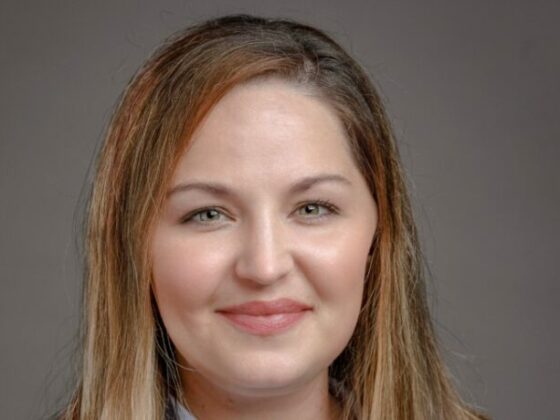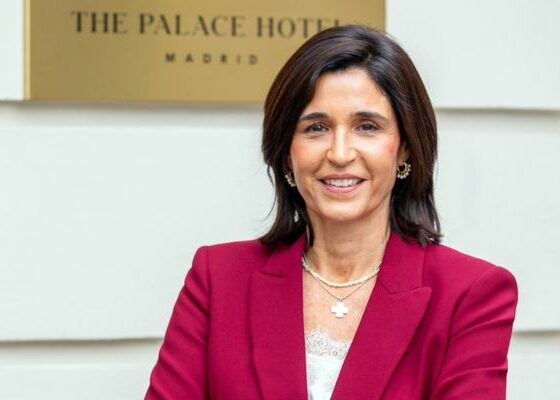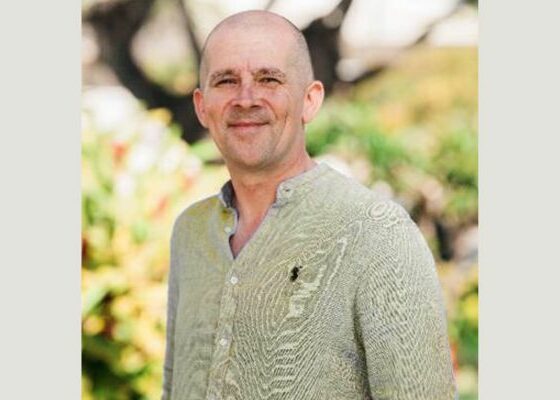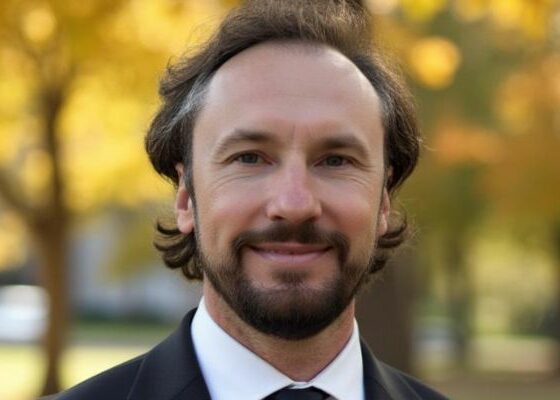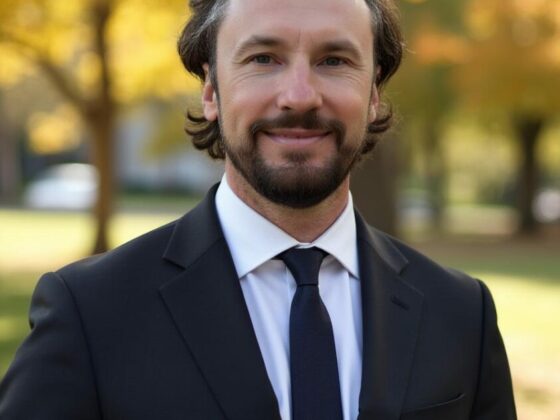
The hospitality industry has long relied on task force professionals to fill leadership gaps in operations, finance, and revenue management. As we approach 2026, that same concept is gaining momentum within marketing and communications. It’s especially true in this discipline where continuity, strategy, and agility are essential to maintaining brand strength and driving revenue.
In an environment defined by rapid digital evolution and persistent staffing challenges, hotels increasingly find themselves without dedicated marketing leadership for months at a time. Whether during transitions in management companies, departmental restructuring, or recruitment delays, marketing gaps can quickly undermine guest engagement, revenue performance, and brand consistency. A task force marketing approach (engaging an experienced specialist on an interim or project basis) offers a strategic and efficient solution.
Sustaining Momentum During Transitions
Marketing interruptions can have long-lasting effects on a hotel’s positioning. From social media management and paid advertising to CRM automation and content strategy, the modern marketing function touches nearly every aspect of guest communication. Allowing those efforts to stall, even briefly, risks lost visibility and declining engagement.
Task force marketers provide both strategic oversight and tactical execution, ensuring seamless continuation of efforts while identifying opportunities for improvement. They can maintain active campaigns, assess performance data, realign messaging, and coordinate with on-site teams to ensure cohesion across digital and on-property touchpoints.
Driving Lasting Impact
Though often viewed as a temporary measure, task force marketing frequently yields long-term benefits. Interim professionals provide an objective assessment of existing practices, streamline vendor relationships, and implement refined systems to improve efficiency and reporting accuracy.
Additionally, they are well-positioned to support internal teams. They might provide mentorship, refine or streamline processes, and train colleagues to ensure a smooth handoff once permanent staff are in place. This dual focus on execution and capacity building leaves the marketing function stronger and more structured than before.
A Flexible Model for an Evolving Industry
As hospitality continues to evolve amid economic pressures and shifting traveler expectations, flexibility has become an operational imperative. Task force marketing enables properties to scale resources based on need, seasonality, and strategic priorities without compromising quality or brand integrity.
By leveraging interim expertise, hotels can navigate transitions with confidence, preserve momentum, and maintain a consistent voice. In an era where communication defines perception, ensuring uninterrupted marketing leadership is both essential and advantageous.


